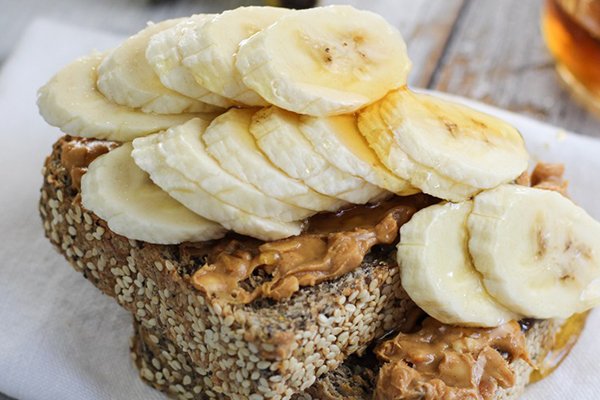
If you are looking for a performance edge, nutrient timing is vital. Here’s why!
When you exercise regularly, the wrong foods at the wrong times can sabotage your efforts. The right foods at the right times enhance those efforts.
The most important macro for athletes is carbohydrates. Carbs have been vilified, but if you want to perform, you will need carbs! Everyone is banging on about protein, but a lot of us, myself included, have let the obsession with getting enough protein get in the way of getting in enough carbs.
Nutrient timing is vital for keeping energy levels high when you need it, recovering from your workouts and keeping body composition optimised for performance.
To perform optimally we need to ensure we have enough carbs available so we don’t fatigue early (we’ve all bonked!). This means making sure we eat around 2-4 hours before our run/workout. 2.5g of carbs/kg of bodyweight is ideal, with those coming from lower GI foods such as whole grains.
So in practice, can we time our runs around 3 hours after breakfast or lunch?
Eat something with a medium glycemic index, so that the energy is released slower. For example, wholegrain cereals or bread with fruit and peanut butter. My go-to is banana mashed with pb on toast.
It doesn’t stop there. Refueling post-workout is also just as important. It is especially important if you train most days or are very active/busy in general. Replacing your glycogen stores after exercise when the body is most receptive helps aid recovery, energy levels and helps prevent injury and illness. If you continue to train on depleted glycogen your performance and health will suffer.
So what do we eat post-run/workout?
1g of carb per kg of bodyweight and 20g of protein are the recommended guidelines. Choose quick release carbs that are easily digested and sent straight to refuel your muscle and liver glycogen, where they are needed. White rice, pasta and fruit all contain quick release carbs.
The best thing to do is time your run to coincide before a meal. This can work perfectly with the timing after the previous meal. Eg, eat whole grain cereal with yoghurt and fruit for breakfast, workout 3 hours later, then immediately have lunch of white rice with a protein source. This ensures you are meeting your energy needs without overeating.
If you cannot eat a meal within the first 30 minutes after a hard workout, having a snack available such as dried fruit or an energy bar is good substitute. If you are not sure you are meeting your carbohydrate requirements, downloading an app such as myfitnesspal or similar will break down your macros and ensure you are meeting your performance goals. A lot of people will be surprised to find out they are not eating enough carbs when it matters.

Recap:
-2.5g of carb/kg of bodyweight 2-4 hours before a workout. Use slower releasing carbs such as wholegrain cereals, pasta or bread.
-If you are training for longer than 2 hours consider topping up during the run with gels or sports drinks, 30-60g an hour is recommended for under 2.5 hours, 90g an hour for exercise lasting more than 2.5. It is vital to practice this in training as it takes time to figure out what your body will tolerate.
-1g of carb/kg of bodyweight plus 20g of protein post workout in the first 30 minutes. Quick release carbs, especially if you are training again tomorrow or are very busy or active. White rice, pasta or bread plus a source of protein.
-Time your workouts around your meals so you are not overconsuming.
Nutrient timing strategies aren’t for your average person, but if you are looking for a performance edge they are definitely worth putting the extra effort.



